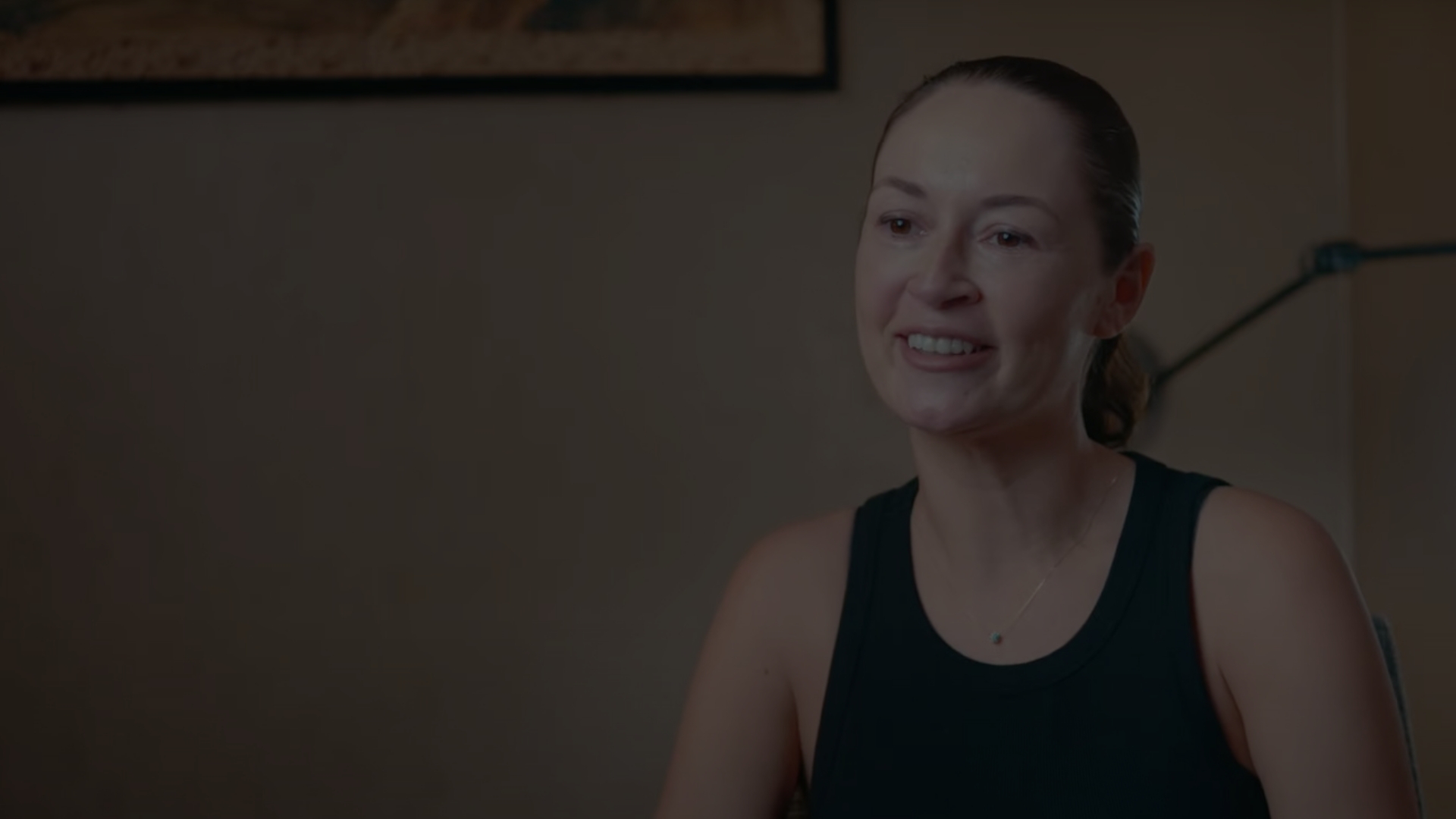
Excellence in Plastic Surgery
in Los Angeles
George Sanders, M.D.
- Board Certified Plastic Surgeon
- Decades of Experience and Over 15,000 Procedures Performed
- Educated and Trained at Rice University and Harvard Medical School
Request A Consultation
Request a Consultation (Front Page)
Breast
Body
Face
Non Surgical
Breast Surgery
Choose breast surgery to have the fuller figure you’ve always wanted, to restore what you’ve lost over time, to revise the results you’ve gotten through another surgeon, or to reduce the size of your breasts. Dr. Sanders combines an artist’s eye for cosmetic detail with gentle and expert technique. His procedures emphasize beautiful, natural-looking outcomes, comfort and safety for his patients, and minimal scarring following surgery
Body Contouring
Aging, pregnancy, and weight changes can leave you with areas of excess skin and fat. If you want a slimmer, firmer figure, Dr. Sanders can perform one of several body contouring procedures to give you fitter-looking features. His plastic surgery patients in the San Fernando Valley typically focus on tummy tuck and liposuction for their midsection. Dr. Sanders can also tighten a patient’s thighs, remove skin and fat from the arms, and address other sites as needed.
Procedures
Facial Surgery
The best facial plastic surgery provides a youthful and attractive appearance, maintains natural expression, and restores your features to an earlier state — in short, it doesn’t alter your physical identity. Dr. Sanders is an expert in facial rejuvenation procedures that meet these criteria. His work includes facelift, neck lift, MACS lift, and brow and eyelid surgery. Patients can also target changes to a specific facial feature with rhinoplasty, ear surgery, and chin surgery.
Non-Surgical
Patients benefit from cosmetic care through SILK, A Medical Spa, which is personally overseen by Dr. Sanders and his experienced team. SILK offers a wide range of non-invasive treatments, including facial injectables, lip augmentation, skin treatments, laser resurfacing, body contouring, hair removal, and chemical peels. By providing the full spectrum of plastic surgery and non-surgical procedures, we are able to plan treatment around the individual needs of our patients.
Enhance Your Beauty Instead of Concealing It
The plastic surgery practice of Dr. George Sanders prioritizes outstanding results and care that is personal, private, and supportive. Our Los Angeles patients benefit from the latest advances in surgical and non-surgical treatment
Offering procedures for the face, body, and breasts, Dr. Sanders works collaboratively with patients to achieve their aesthetic goals: refining and rejuvenating their features, resolving their trouble-spots, and helping them become the best possible version of themselves.
We Love Our Patients




Meet Dr. George Sanders
Dr. Sanders is a board-certified and highly skilled plastic surgeon with technical training from Harvard Medical School and the UCLA School of Medicine. With over thirty years in practice, he has performed thousands of surgical and non-surgical procedures. Despite being one of the San Fernando Valley’s most awarded and accomplished plastic surgeons, Dr. Sanders continues to measure success based on service to patients. He and his staff are committed to giving every person the care, attention, and guidance they deserve.
Videos
Media
Medspa
Videos
“Real Talk with Dr. George Sanders” provides insights into the procedures, treatments, and technology of plastic surgery and cosmetic care. Short videos offer simple explanations and opinions on the most important current topics in aesthetics. If you’ve been wondering whether the latest trend in breast implant styles is right for you, if you’re a good candidate for a drainless tummy tuck, or if facial exercises really can help you keep wrinkles away, watch our channel.

Media
Dr. George Sanders has been featured in a variety of cosmetic, medical, and lifestyle programs and publications. His work and advice have guided thousands of patients, both nationwide and in the San Fernando Valley, as they explore their options with plastic surgery and non-surgical treatment. View the latest media related to his practice and review past articles on topics including short-scar facelift, cosmetic breast surgery, facial injectables, and microneedling.

SILK Medical Spa
SILK, A Medical Spa, promises an exclusive aesthetic experience. Whether you’re seeking cosmetic rejuvenation or just want to indulge yourself, we’ll design your treatment to your desires. Dr. Sanders oversees all of the care provided by our certified staff members. Whether you want to refresh and relax, to reduce signs of aging, or to reshape your body non-surgically, we offer safe, gentle, and effective care for every need.
Sign up for our Newsletter
Don’t miss out. Whether you’re deciding between aesthetic options in the San Fernando Valley, interested in treatment that looks better and heals faster, or want to be the first to know about advances in cosmetic care, subscribe to our practice newsletter.
Sign up for our Newsletter
“Your adornment must not be merely external–braiding the hair and wearing gold jewelry, or putting on garments, but let it be the hidden person of the heart..”
This statement was made by the Apostle Peter nearly 2000 years ago, but it remains just as true today as it was then.
On this website you will find information about achieving external beauty, but true beauty arises from within. May inner beauty be the greater pursuit for each of you.
Excellence in Plastic Surgery in the Los Angeles Area
Camarillo
Calabasas
Thousand Oaks
Westlake Village
Agoura Hills
Simi Valley
Sherman Oaks
Board-certified plastic surgeon, Dr. George Sanders has years of experience helping men and women look and feel their best through aesthetic procedures including rhinoplasty, tummy tucks, breast augmentation, facelifts, and more. Dr. Sanders and his team are proud to serve clients throughout the Los Angeles and San Fernando Valley areas.


